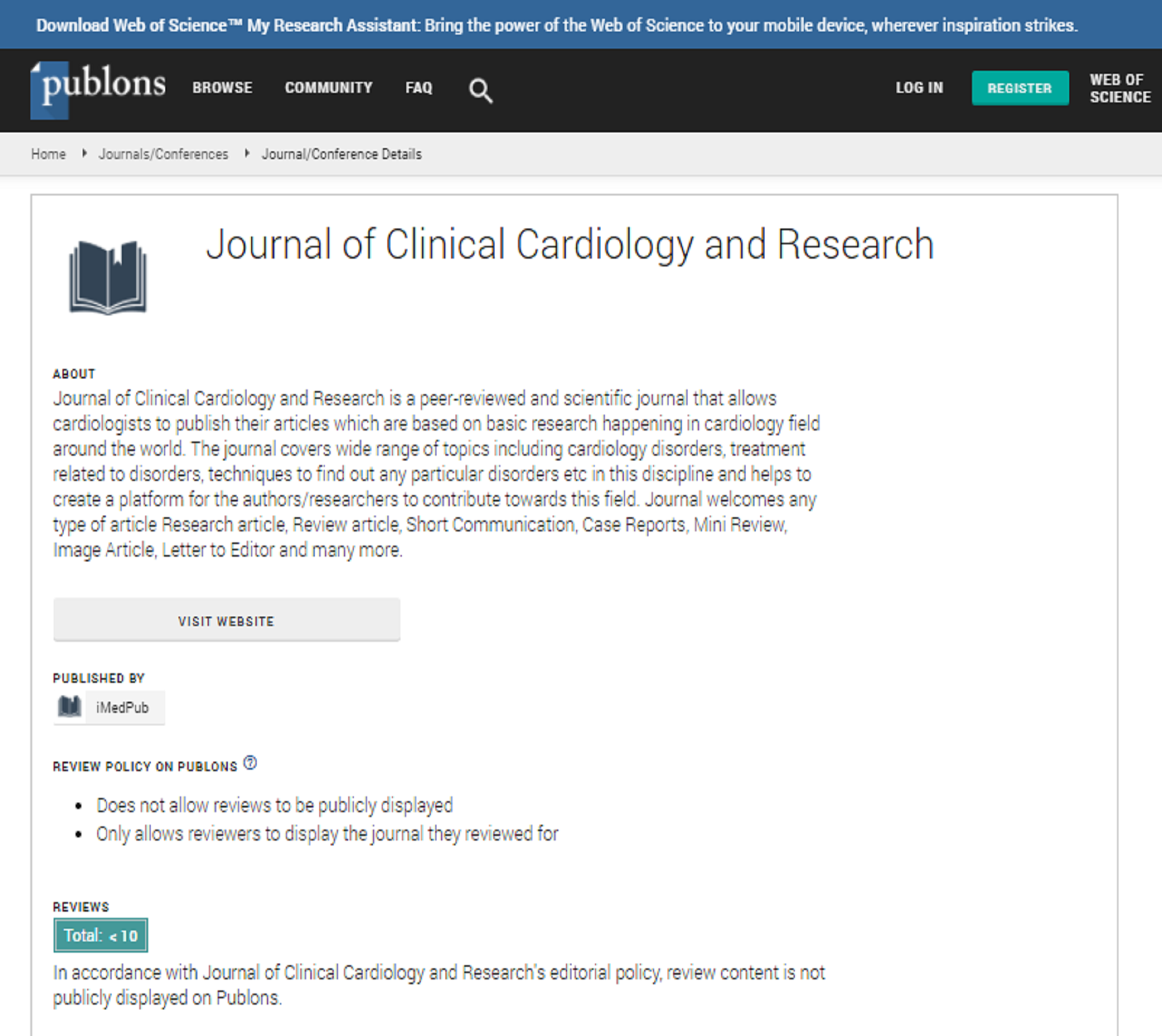Abstract
Quality of Life in Patients after Acute Myocardial Infarction
Introduction: It is known that cardiovascular diseases are the main causes of morbidity and mortality in the world today and Acute Myocardial Infarction (AMI) is one of the main causes. The patient with AMI reduces activities of daily living and work and may even impact their quality of life.
Objective: To analyze the quality of life in patients after acute myocardial infarction. Methodology: This is an observational study that was performed with patients admitted to the Noble Institute of Cardiology. After hospital admission, the patients were submitted to an evaluation of the quality of life through the SF-36 and the functionality through the Barthel scale.
Results: During the study period, 22 patients were evaluated: 16 (73%) men, mean age 61 ± 13 years. All SF-36 domains experienced a significant reduction with the exception of pain, limited by physical and emotional aspects. Functional capacity from 100 to 53 ± 18 (p=0.02), Physical aspects limitation from 100 to 61 ± 49 (p 0.10), Pain from 100 to 89 ± 17 (p=0.11), General status (P=0.03), Vitality from 100 to 52 ± 2 (p=0.02), Social aspects from 100 to 63 ± 24 (p=0.02), Emotional Aspects of 100 for 52 ± 30 (0.06), Mental Health from 100 to 77 ± 3 (p003D0.02). In addition, there was a reduction in functionality reducing from 100 to 70 ± 14 (p<0.001). Conclusion: It can be concluded that there is a reduction of quality of life and functionality in patients after AMI.
Author(s): Andrade AS, Menezes YG, Silva FA, Cordeiro AL1, and Guimaraes AR
Abstract | PDF
Share This Article
Google Scholar citation report
Journal of Clinical Cardiology and Research peer review process verified at publons
Abstracted/Indexed in
- Google Scholar
- Publons
Open Access Journals
- Aquaculture & Veterinary Science
- Chemistry & Chemical Sciences
- Clinical Sciences
- Engineering
- General Science
- Genetics & Molecular Biology
- Health Care & Nursing
- Immunology & Microbiology
- Materials Science
- Mathematics & Physics
- Medical Sciences
- Neurology & Psychiatry
- Oncology & Cancer Science
- Pharmaceutical Sciences

